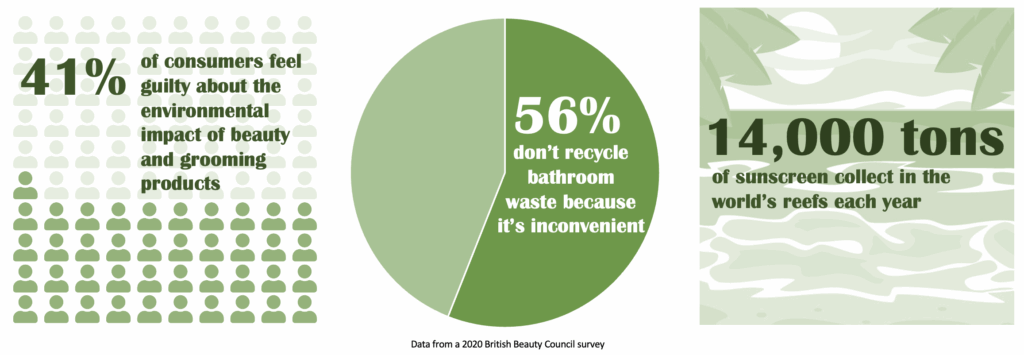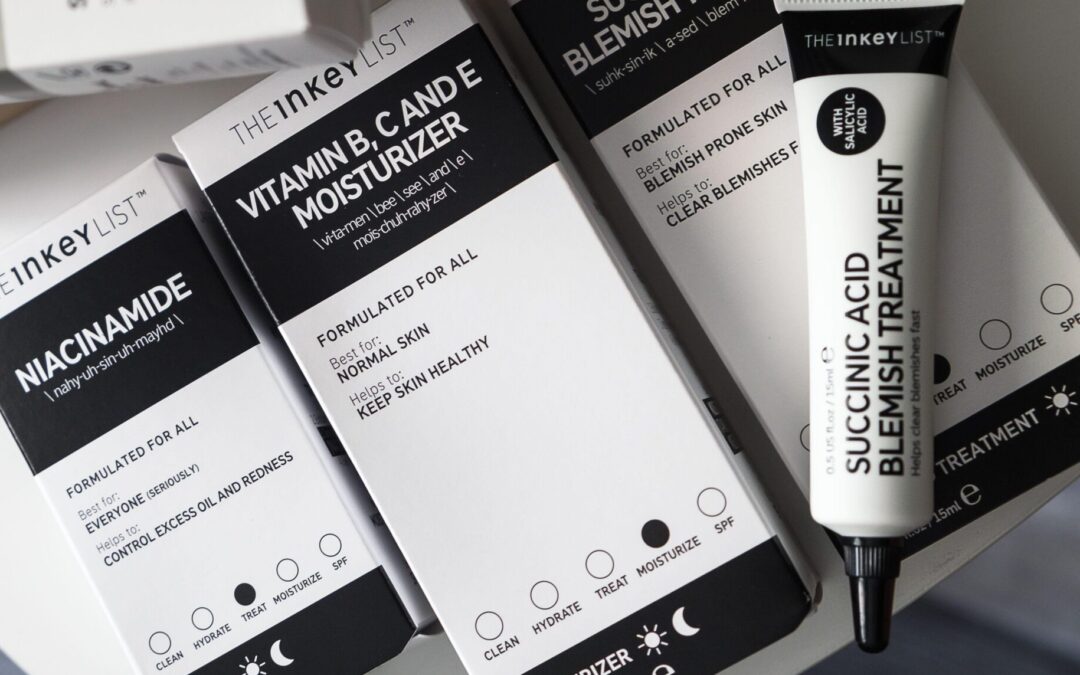It’s very easy to overlook the environmental impact of the skincare products you use everyday.
Toilet roll, hand soap, toothpaste, shower gel, shampoo, cleanser, moisturiser, makeup – their creation, consumption and disposal all have a lasting impact on the planet.
When it comes to skincare products, there is plenty of reason to believe what we’re using is bad for the environment, both the product itself and the packaging.
There are certain brands that claim to be green, eco-friendly and sustainable. However, they are often a lot more expensive and a lot less accessible.
On top of this, the products may not be as effective in comparison to their more popular, less green alternatives as the more environmentally friendly options may prioritise more natural ingredients over the best possible, but less sustainable alternatives.
Sustainable products often aim to use plant based ingredients that come from ethical sources, while refraining from using chemicals derived from fossil fuels.
READ MORE: Is it worth making your own skincare products?
The packaging of commercial skincare products is often as big of an issue as what’s contained inside them, with many skincare products being held within plastic packaging, containers or tubes. A product being recyclable or refillable is essential for it to be sustainable.
Microplastics are a big problem, because of the huge presence of plastic in the industry. The risk with plastic packaging is if microplastics gets into the product, which could damage our hormones.

Some sunscreens contain chemicals such as oxybenzone which are believed to potentially cause damage to coral reefs when the cream transfers from our bodies into the water, prompting calls for reef safe alternatives.
Ensuring that the product doesn’t rely on any animal testing and is not made of animal derived ingredients like beeswax can also add to the environmental friendliness of a product.
Another thing to consider with a skincare product is whether or not it’s made using low energy manufacturing. If renewable or carbon offset power sources used and the product is manufactured locally it is likely to be less damaging than a product shipped thousands of miles across the world.
You should keep your eye out for signs of greenwashing, where companies may market products to appear more environmentally friendly than they really are.
Examples of this could be skincare products marketed as being free from chemicals – everything is made of chemicals. Another dubious claim is that a product or a company offsets its carbon emissions with carbon credits.
Investigations have shown that carbon credits are not always as effective at protecting the environment as they are made out to be and can be allocated to areas that weren’t at any serious risk of deforestation to begin with. So, there is evidence to suggest you may be right to question these types of claims made by skincare brands.
If you’re looking for some specific products, a UK based plastic free shop called Life Before Plastic, have compiled a list of what they believe to be environmentally friendly skincare items.



